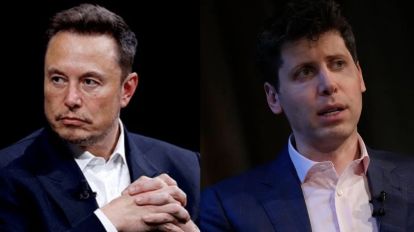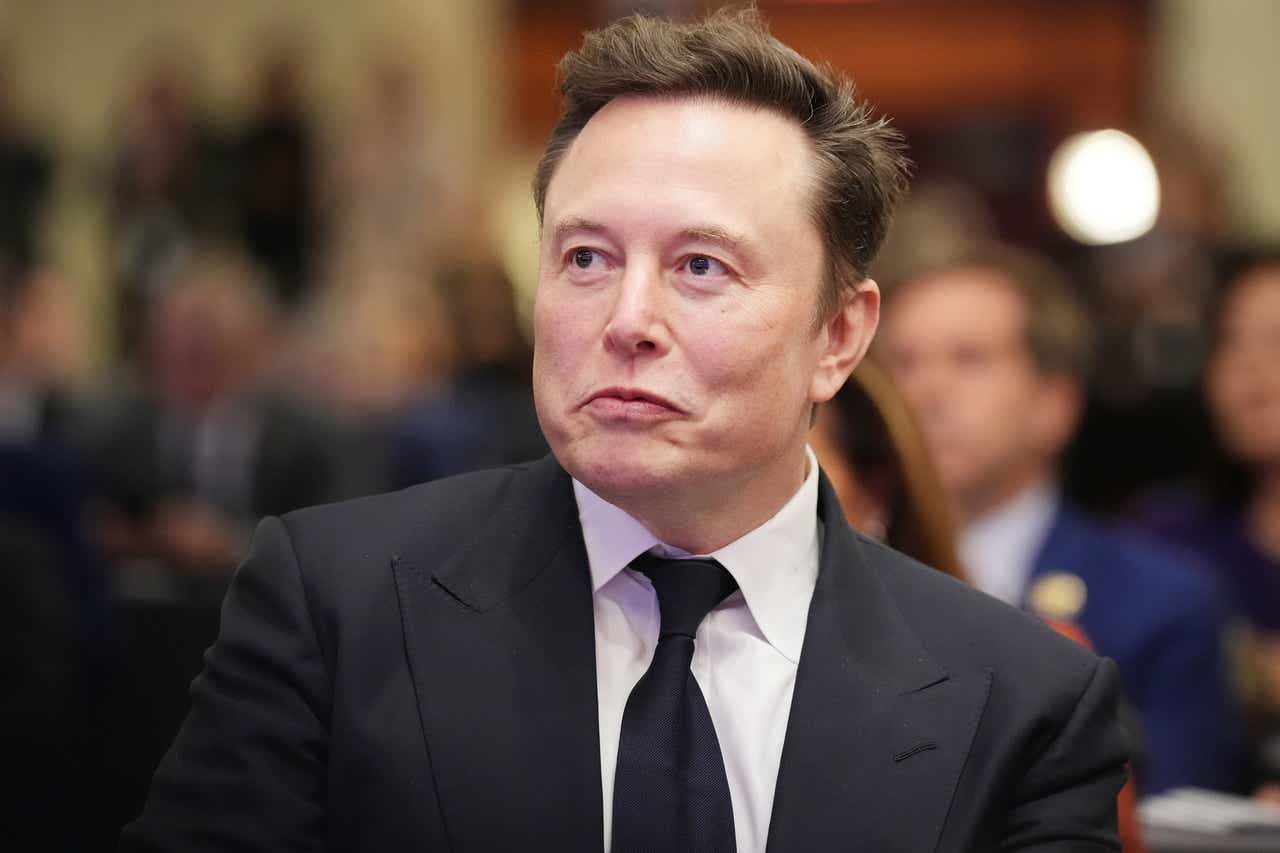Elon Musk has filed a preliminary injunction to halt OpenAI’s transition to a for-profit model, accusing the organisation and its affiliates, including Microsoft, of engaging in anticompetitive practices. The motion was filed in a US District Court in California. Musk’s legal team claims that OpenAI’s shift from its original nonprofit mission harms competitors, including Musk’s own AI company, xAI.

The filing names several individuals and entities, including OpenAI CEO Sam Altman, President Greg Brockman, Microsoft, Reid Hoffman, and Dee Templeton. Musk’s attorneys allege that OpenAI is pressuring investors to avoid funding rivals like xAI, improperly sharing proprietary data with Microsoft, engaging in self-dealing, and experiencing governance issues that conflict with its founding principles.

OpenAI was founded in 2015 as a nonprofit with a mission to democratise AI research. It adopted a capped-profit structure in 2019 and is now transitioning to a fully for-profit model. According to Musk, this transformation endangers its commitment to public interest and is driven by a desire to attract large investments. Musk, who co-founded OpenAI, left in 2018 due to disagreements over its direction and claims to have invested $44 million in the organisation.

Musk’s new company, xAI, launched in 2023 and competes directly with OpenAI. The company recently introduced an AI model called Grok, integrated with Musk’s social platform X, formerly known as Twitter. Musk’s legal team alleges that OpenAI is blocking xAI’s funding opportunities by discouraging investors from supporting both firms. The Financial Times reported that OpenAI asked participants in its latest funding round to refrain from backing competitors.

The lawsuit also raises concerns about conflicts of interest involving key figures. Sam Altman is accused of directing business to companies where he has financial interests, such as Stripe. Microsoft is alleged to share proprietary data with OpenAI, offering an unfair advantage. Reid Hoffman and Dee Templeton are accused of using their roles at OpenAI, Microsoft, and other entities to influence deals.

In response, according to a report by TechCrunch, OpenAI dismissed Musk’s claims as unfounded and accused him of rehashing old grievances. The company, facing financial challenges due to high expenditures, argues that halting its transition could have severe financial repercussions. Microsoft, a significant OpenAI partner with a $13 billion stake, has not commented on the filing.
Musk’s motion aims to preserve OpenAI’s nonprofit status and stop what he describes as self-serving transactions. The filing warns that without intervention, OpenAI might lack the resources to pay damages if the court rules against it. It also suggests that reversing OpenAI’s for-profit agreements would be difficult, potentially leading to substantial investor losses.